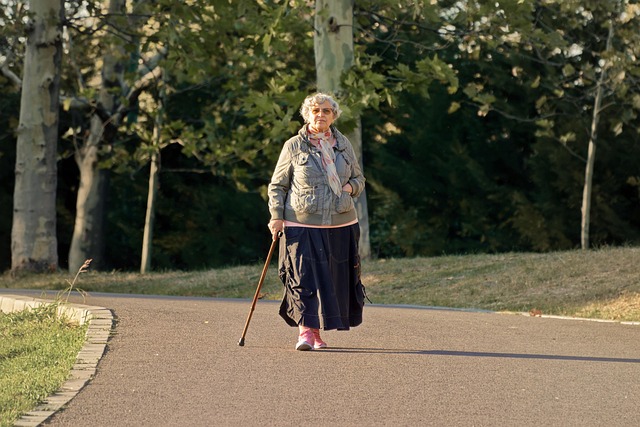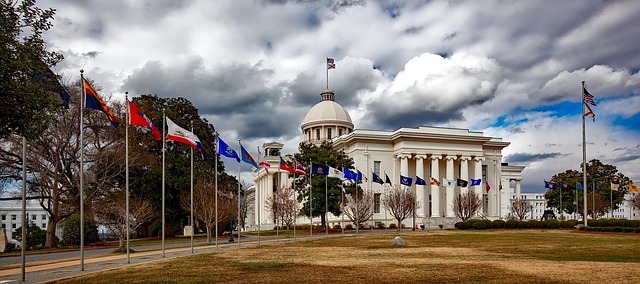Oregon grandparent custody rights are governed by laws prioritizing children's best interests while recognizing grandparents' roles. Grandparents can seek custody or visitation by demonstrating a strong relationship, quality interactions, parental agreement, and child stability. Legal representation is recommended to navigate ORS Chapter 109 guidelines for non-parental visitation and custody. Key factors in grandparent custody decisions include the strength of the grandparent-child relationship, stability, interaction frequency, financial stability, and co-parenting potential.
In Oregon, grandparent custody rights are a significant aspect of family law, offering legal avenues for grandparents to seek meaningful involvement in their grandchild’s life. This article provides a comprehensive guide to navigating Oregon’s grandparent custody laws, focusing on establishing legal rights and understanding the factors that influence court decisions. By exploring these insights, families can better comprehend the process and advocate for the best interests of their grandchildren.
- Oregon Grandparent Custody Laws: An Overview
- Establishing Legal Rights for Grandparents
- Factors in Grandparent Custody Decisions
Oregon Grandparent Custody Laws: An Overview

In Oregon, grandparent custody rights are governed by specific laws designed to balance the interests of children and their families. The state recognizes that grandparents can play a vital role in a child’s life and provides legal avenues for them to seek custody or visitation rights if certain conditions are met. Key aspects of Oregon grandparent custody laws include allowing grandparents to petition for custody or visitation if they can demonstrate a significant relationship with the child and that it’s in the child’s best interest.
These laws also outline the specific criteria that courts consider when deciding on grandparent custody or visitation. Factors such as the quality and frequency of interactions, the parent’s agreement or disagreement, and the overall stability and well-being of the child are taken into account. Understanding these legal insights is crucial for grandparents seeking custody in Oregon, as it ensures their rights are protected while also emphasizing the paramount importance of a child’s best interest in every decision.
Establishing Legal Rights for Grandparents

In Oregon, establishing legal rights for grandparents seeking custody or visitation can be a complex process, but there are specific laws in place to support their involvement in a child’s life. The state recognizes the importance of family relationships and has outlined procedures for grandparents to gain access and maintain connections with their grandchildren. Grandparent custody cases often require a thorough understanding of Oregon Revised Statutes (ORS) Chapter 109, which details parental rights and responsibilities, including provisions for non-parental visitation and custody.
Grandparents who wish to establish legal rights must typically prove that it’s in the best interest of the child to have a meaningful relationship with them. This can involve presenting evidence of a stable and loving environment, as well as their ability to provide care and support. Legal representation is advisable in these cases to navigate the court system effectively and ensure all necessary documentation is submitted according to ORS guidelines for Oregon grandparent custody matters.
Factors in Grandparent Custody Decisions

In Oregon, grandparent custody decisions are guided by a series of factors that courts consider when determining the best interests of the child. Key among these is the quality and strength of the relationship between the grandparent and the minor. Courts look at the duration and stability of this relationship, as well as the frequency and nature of interactions. A consistent and positive presence in the child’s life can significantly weigh in favor of custody.
Other factors include the ability of the grandparent to provide a stable and nurturing environment, their financial stability, and the potential for co-parenting with the parent(s). The court also assesses any history of conflict or disputes between the grandparents and the parents, as well as any evidence of substance abuse or other issues that could negatively impact the child’s welfare. Balancing these considerations helps courts make informed decisions in Oregon grandparent custody cases.














